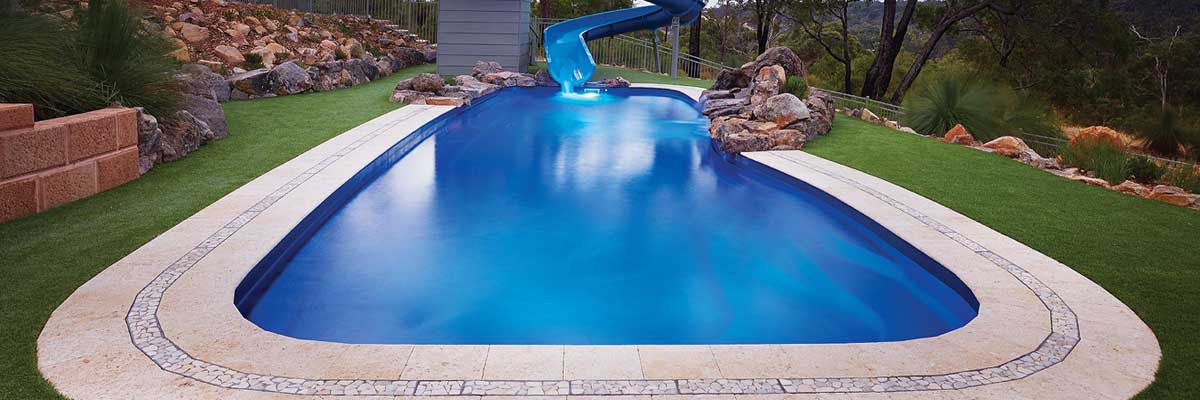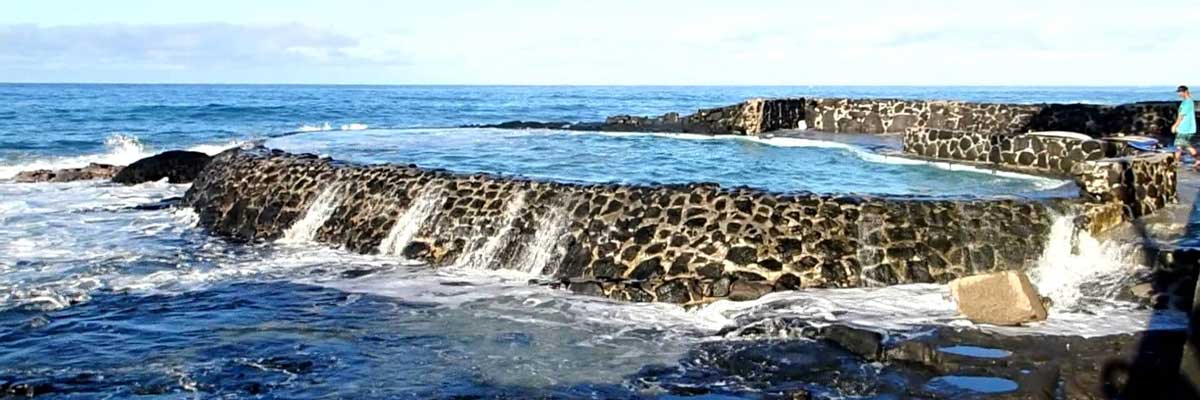Are Concrete Swimming Pools Better Than Fibreglass
Many homeowners these days add a swimming pool to their property to enhance their lifestyle. Having a swimming pool gives the children a reason to leave their electronic devices and get some exercise, all in the name of fun. Most pool builders will tell you that concrete swimming pools have certain advantages over fibreglass.
If you look around at public swimming pools you will see they are made of concrete. This is because concrete is stronger and more durable than fibreglass. While the latter does have its good points, if you want something that is going to last you would choose the former.
Not all properties can be flat and even and not all blocks of ground are square or rectangular. Some have odd shapes that make it difficult to fit a pool in that comes in standard, stock sizes like fibreglass. This is where homeowners find a concrete pool more viable. Pool builders can make your concrete pool any size and shape to fit in a corner or anywhere you want it.
In addition, since the pool is being designed and built from the ground up, you can have a lot more accessories such as fountains, slides and underwater lighting in it. Concrete is a sustainable product made from limestone, of which there is plenty worldwide. It can also be made out of waste products from steel mills and power plants, making it even more environmentally friendly.
Are Salt Water Pools Environmentally Friendly?
No matter whether your pool is saltwater or chlorine you will need help with cleaning it. Robotic pool cleaners that do the job without any help from you are the best way to decrease your workload. All an automatic pool cleaner needs is to be put into the pool and switched on. Some may need to be connected to the pool pump and filter also, but this is much quicker and easier than scrubbing the pool out by hand.
When choosing the type of pool to have, you may be wondering if salt water pools are environmentally friendly. In fact, even though the ocean is full of salt water, a pool full of salt water is not really eco friendly. For a start, all that salt can really rust and erode any metal in or near the pool, even if it is galvanised. You need to change all those components to brass, especially in places where salt water comes into contact with them on a regular basis.
Salt water is also bad for plants, so if you have a garden in or near the pool it is not likely to thrive. It is not only the salt in the water, but any fine mist that is swept off the top of the pool by strong wind would contain salt. Salt water may also have an adverse effect on the pool pump and the pool cleaners.
Many people think that a salt pool is a safer alternative to chlorine, but in fact there is also chlorine in a salt water pool, so it is doubly bad for the environment. Chlorine is a dangerous chemical that is a carcinogen and has been linked to asthma, rashes, skin irritation, headaches and other problems in cases where people spend a lot of time swimming in it.







